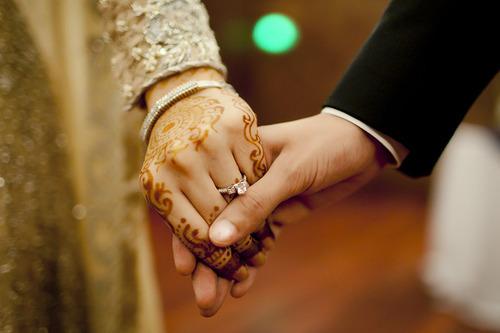A group of 20 Muslims, including a groom and bride-to-be arrested on their wedding day, were on Monday sentenced to lengthy prison terms on terrorism charges by a district court in Taunggyi, Shan State.
However, according to one of the lawyers representing the defendants, no evidence was submitted in court that linked any of the accused to the charges of involvement with explosives or affiliation with an armed group.
In August, 14 Muslims from Taunggyi and Kyaukse were detained at a military checkpoint while en route to a wedding in Kunhein, some 100km northeast of Taunggyi. They were accused of having connections with a terrorist organisation or armed group. Soon after, six more Muslims, including the groom and bride-to-be, were also arrested.
The group were detained under the 1950 Emergency Provisions Act on charges of: undermining the security of the state (Article 5(j)); and offences involving arms and explosives (Article 5(l)). Each charge carries a sentence of up to seven years in prison.
[related]
The father of one of the defendants, who requested anonymity due to the sensitive nature of the case, told DVB on Monday that 18 of the accused were each sentenced to 14 years imprisonment, the maximum sentence for each charge. One of the defendants, facing an additional charge of unlawful association, was given a further five years, and a 15-year-old who stood accused of one charge was found guilty and sentenced to seven year’s imprisonment, he said.
“Eighteen defendants, including the bride and groom, were sentenced to 14 years each in prison,” he said. “Another was handed 19 years and the 15-year-old got seven years.”
He said that two vehicles used for the wedding party and the bride’s jewellery were also seized as assets.
Speaking to DVB last week, defence lawyer Khin Moh Moh said her team had presented their final argument to the court on 1 January.
“I asked the prosecutors and their witnesses if there was any evidence to support the Article 5(j) charge against my defendants, such as documents that could potentially undermine the security of the state, or anything that was seized when they were detained on the way to the wedding,” she said. “They conceded that there was no such evidence.
“With regard to charges under article 5(l), no explosive items or ordnance were seized from the defendants. The only thing the officials confiscated were their national ID cards, civil servant IDs, driver licenses and mobile phones.”
She said the defendants plan to file an appeal at the regional high court.



